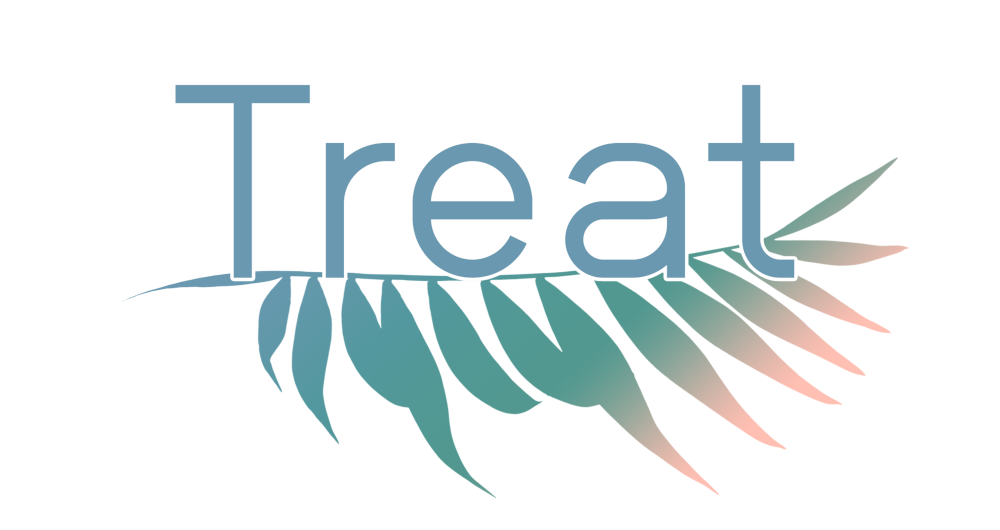Massage - Healthy, Fun and Legal
Massage has a historical pedigree. It has been developed over thousands of years and works with the body’s natural processes to relieve and heal. There are contraindications to massage which need to be considered, but is a low risk therapy, and almost anyone can climb on the couch and enjoy a massage. Massage treats the whole person on psychological, physiological and physical levels.
There’s an old adage, “everything fun in this world is either illegal, immoral or fattening”. Succinct and amusing certainly, but not 100% accurate. Massage is effectively a drug free performance enhancer. Along with sleep and exercise it must come close to the top of the list of activities that both feel good and do you good.
The most well-known effects of massage are physiological, especially pain relief and relaxation. We all instinctively “rub it better” when we hurt ourselves, and, if you have ever had a massage, you will know that post-massage, slightly “out of it”, feel good feeling.
The primary psychological effect of massage is that it reduces anxiety, an extension of the relaxation benefit above. Conversely, invigorating ‘short sharp’ massage before an event, such as cycling or boxing, may assist with mental preparation and focus.
Physically, massage works with our hearts returning the venous flow of blood and, like exercise, increases the amount of nutrient rich blood reaching our muscles and tissues. It also helps flush residual lactic acid and metabolic waste after exercise, helping our muscles to repair and recover faster.
Massage stimulates our muscle tone, the amount of tension in a resting muscle. Holding some tension in our muscles, having good muscle tone, is important for maintaining our posture. Too much tension and our muscles spasm, too little can lead to loss of strength. In addition to promoting muscle tone a sports massage uses ‘stretch and release’ techniques which can help to restore range of motion to our joints.
We instinctively know the benefit of stretching. It loosens muscles and tendons and it is simply the best means of helping us stay mobile and flexible. Stretching muscle and tissue through exercise and/or massage help maintain and improve functional movement, especially relevant in a sedentary world. Massage even helps maintain the integrity of our skin and is especially valuable for anyone with reduced mobility.
What is the right kind of massage for you?
Sports Massage Therapy (SMT) is widely associated with athletes. It was developed to prepare for sport, help with recovery after the event and to assist with the management of sports injuries. While SMT was developed for athletes it’s a style of massage that has therapeutic benefits that apply far beyond the preserve of athletes and its effectiveness needs wider recognition.
Deep Tissue Massage (DTM) doesn’t have the same associations but it does have an informative name. DTM focuses on the deeper layers of our body’s muscles and connective tissues. The objective of DTM is to realign chronically tense muscles through slow and deep pressure either with or across the grain of the muscles. DTM uses cross fibre pulling or stretching, normal exercise routines don’t readily separate the muscle fibres and work across them in this way, so even with good exercise routines DTM can have powerful benefits.
So which massage is right for you? In reality there is considerable cross-over between SMT and DTM. Sports massage can “also be known as performance massage, athletic massage or deep tissue massage”. They are similar in that they can both be used to help recover from soft tissue injuries, for example, sprains and strains but there are distinct differences. A sports massage can use deep tissue techniques but it has an emphasis on restoring range of motion not found in deep tissue massage. For the recipient, the greatest distinction between the two forms is probably the level of movement required. In SMT the client is likely to have to change position and actively participate whereas with DTM the client has a more passive role.
The really important thing is that different techniques can be combined - and a good massage therapist will be able to find the ideal therapy for you!
Hands On Sports Therapy, Ward, K, 2004 Thomson p.198
To book a massage or buy a gift voucher please call treat's Reception Team: 01603 514195 or [email protected]


